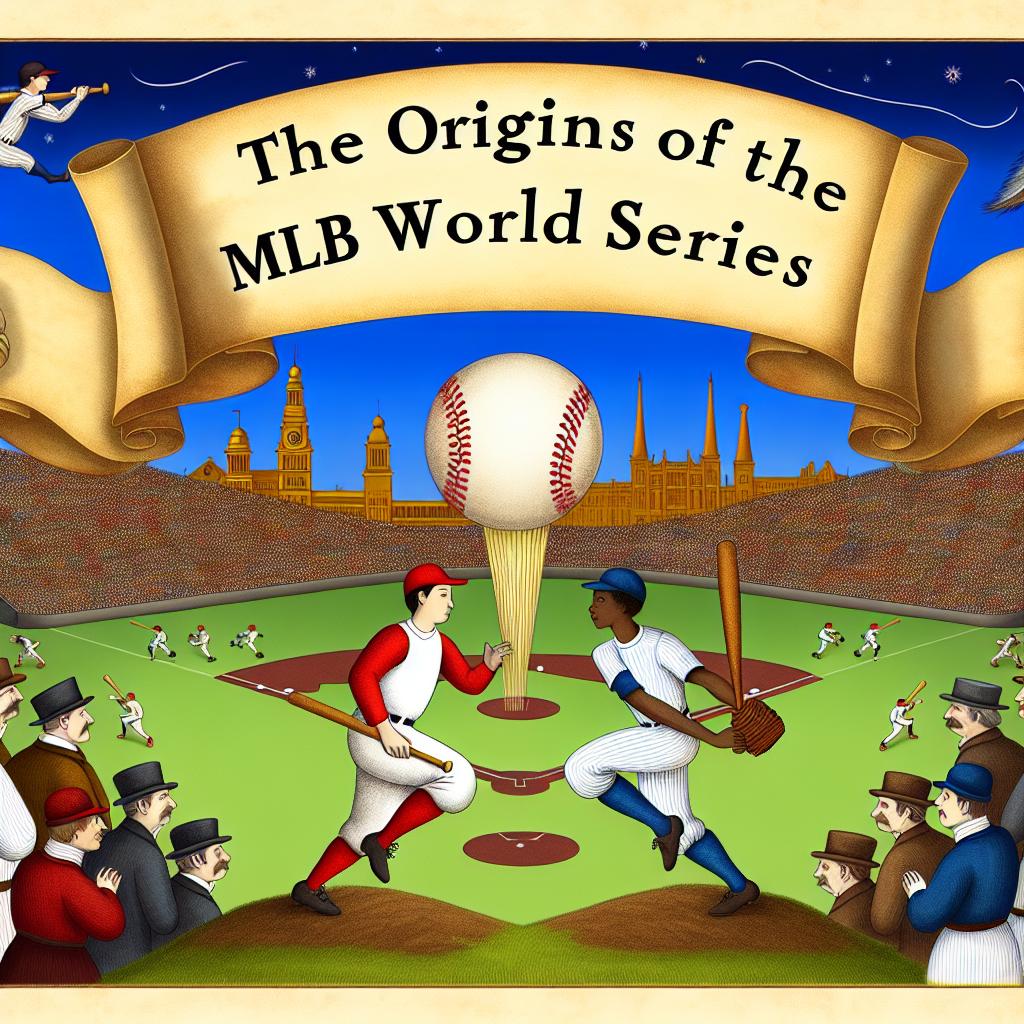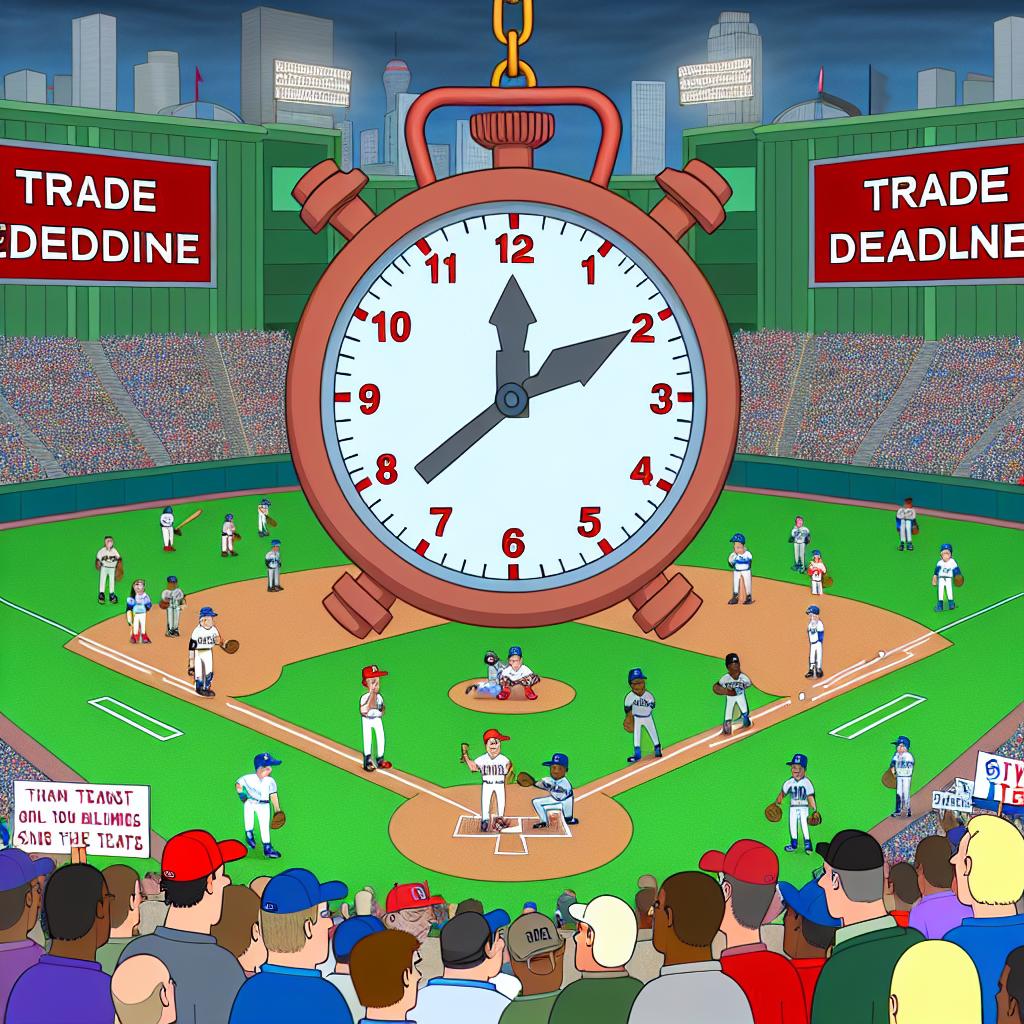The Increasing Role of International Players in MLB
In recent decades, Major League Baseball (MLB) has witnessed a significant increase in the number of international players. This trend has had a profound impact on the league, influencing everything from playing styles to fan demographics.
Historical Context
Historically, MLB was predominantly composed of American players. However, over the years, players from countries like the Dominican Republic, Venezuela, and Japan have increasingly become integral to the league. This rise in international players can be attributed to a variety of factors, including enhanced scouting networks and the global appeal of baseball.
Scouting and Development
The involvement of international players in MLB is largely facilitated by robust scouting networks. Teams have established academies in various countries, particularly in Latin America, to cultivate young talent. These academies not only teach the fundamentals of baseball but also help players adapt to the cultural and linguistic differences they may face when entering professional baseball in the United States.
This process often begins when players are in their early teens. Professional scouts from MLB teams frequently visit countries with rich baseball cultures to identify potential stars. Once selected, these players usually join training programs designed to refine their skills. The presence of experienced coaches and trainers in these academies ensures that players receive high-quality guidance.
Language barriers are addressed through structured programs. English classes are a common feature in these academies. Players are encouraged to learn not only the language but also the nuances of American culture. Such training is crucial for their future interactions, as it enhances their capability to communicate effectively with teammates, coaches, and the media once they make it to the MLB.
Influence on Playing Styles
International players bring with them a diversity of playing styles and techniques. For instance, the aggressive base-running often seen in Latin American baseball has influenced strategic decisions in MLB. Similarly, Japanese players have introduced unique pitching techniques and disciplined approaches at the plate. These influences have enriched the game, making it more dynamic and unpredictable.
The adoption of these international styles has seen MLB teams incorporating various strategic nuances into their playbooks. The exciting flair and spontaneity associated with Latin American players, for example, have made the games more engaging for fans. Additionally, the inclusion of international playing styles has encouraged a more holistic view of baseball strategy, where coaches are now willing to blend different styles to maximize team performance.
Economic Impact
The influx of international talent has also had economic implications for MLB. International players often draw attention from their home countries, expanding MLB’s global fan base. This, in turn, leads to increased merchandise sales and viewership of MLB games internationally, offering substantial financial benefits to the league.
Global Fan Engagement
With players from various countries becoming superstars, MLB has seen a surge in global interest. Games are now broadcasted in multiple languages, and international tours have become part of the league’s promotional activities. This global engagement not only helps in marketing the league but also fosters cross-cultural connections through sport.
Moreover, MLB has capitalized on this global interest by organizing games and events in international locations. Such initiatives serve multiple purposes. They provide fans worldwide the opportunity to experience MLB games live, enhance the league’s visibility on a global scale, and allow players from different backgrounds to gain international exposure.
Furthermore, the visibility of international players in MLB brings about lucrative sponsorship deals. Brands seeking to reach a global audience have found MLB increasingly attractive due to its diverse player base. This diversity allows MLB to partner with brands that might not have considered baseball as a viable marketing channel in the past.
Challenges and Adaptations
While the presence of international players in MLB is largely beneficial, it also presents challenges. Cultural and language barriers can be significant hurdles for players who are new to the United States. To address these challenges, MLB teams often provide language classes and cultural orientation programs. Additionally, teams are increasingly staffing bilingual coaches and support personnel to assist international players.
This support structure is essential for ensuring that international players can blend seamlessly into their new environments. The presence of bilingual staff helps reduce misunderstandings and creates an inclusive team atmosphere. Furthermore, this cultural integration is crucial for the personal development of players, allowing them to thrive both on and off the field.
In addition to linguistic support, players are given guidance on handling the cultural shift they might encounter. From food habits and lifestyles to social interactions and professional conduct, these programs offer a comprehensive understanding, making the transition smoother for international recruits.
Conclusion
The impact of international players on MLB is substantial and multifaceted, enhancing the sport both on and off the field. As globalization continues, the role of international players is likely to grow even more prominent, contributing to the ongoing evolution and popularity of baseball worldwide.
Aligning with this transformation, MLB continues to leverage its international reach, ensuring that it remains a dominant force in professional sports. By promoting inclusivity and integrating diverse talents, MLB achieves a unique competitive edge, sustaining its growth in an increasingly interconnected world.
For more information on international players and MLB, you can explore resources from the official MLB website.




